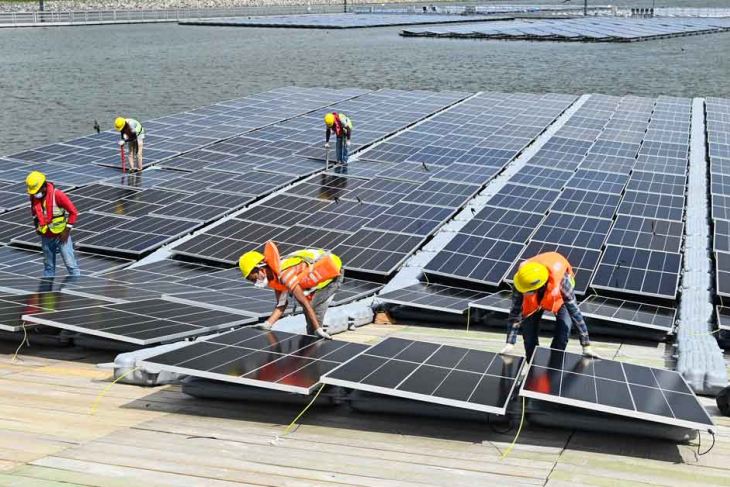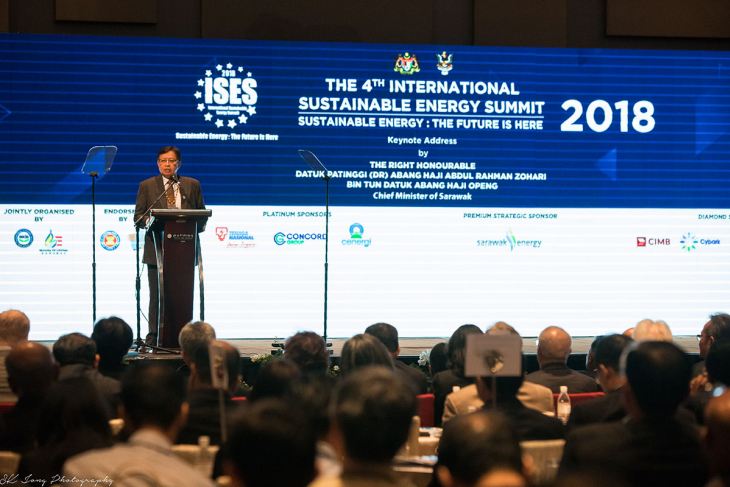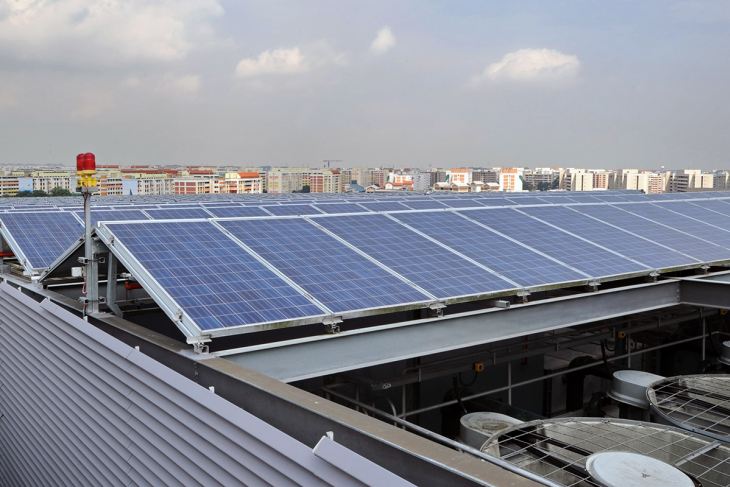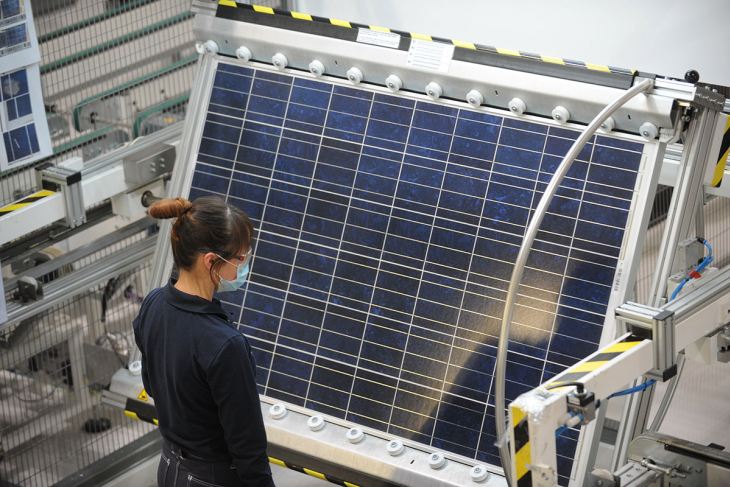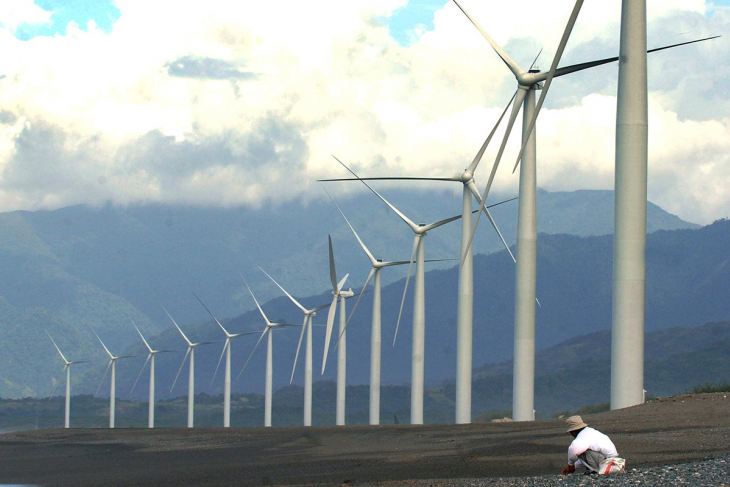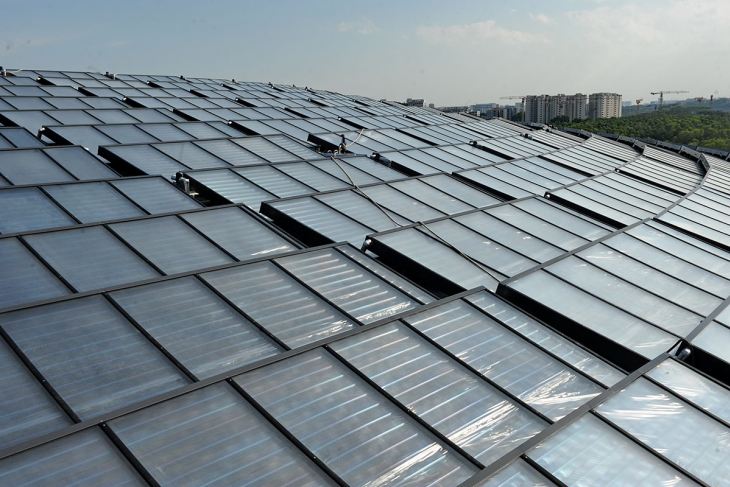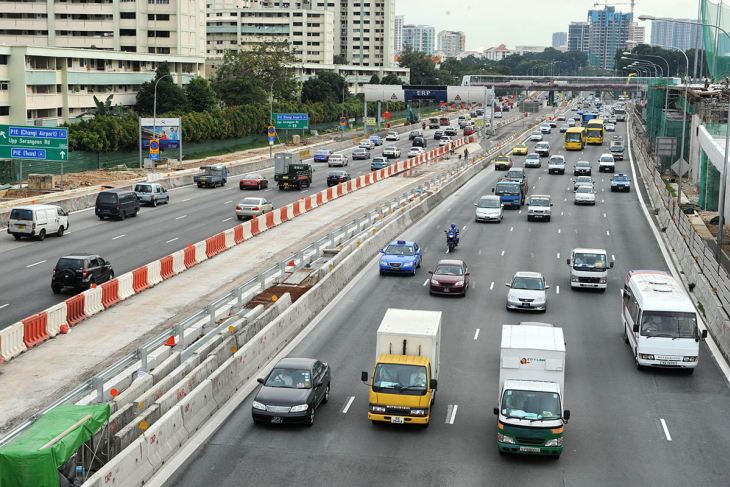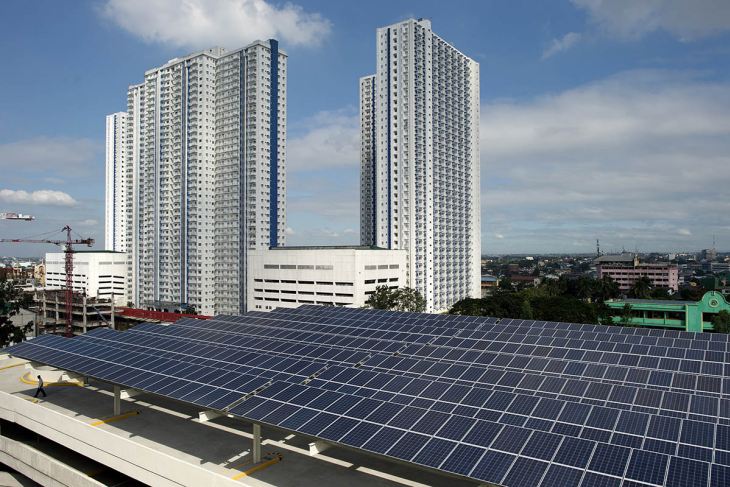Green Energy: What ASEAN Can Learn From Vietnam
Like other regions around the world, Southeast Asia is no exception to decarbonising its energy sector, and improving its national energy security - perhaps simply because renewable energy (RE) has become cheaper. The ASEAN Member States (AMS) individually and collectively have set ambitious targets to incorporate RE in their energy system.In some cases, the deadline to achieve these RE targets is fast approaching.
